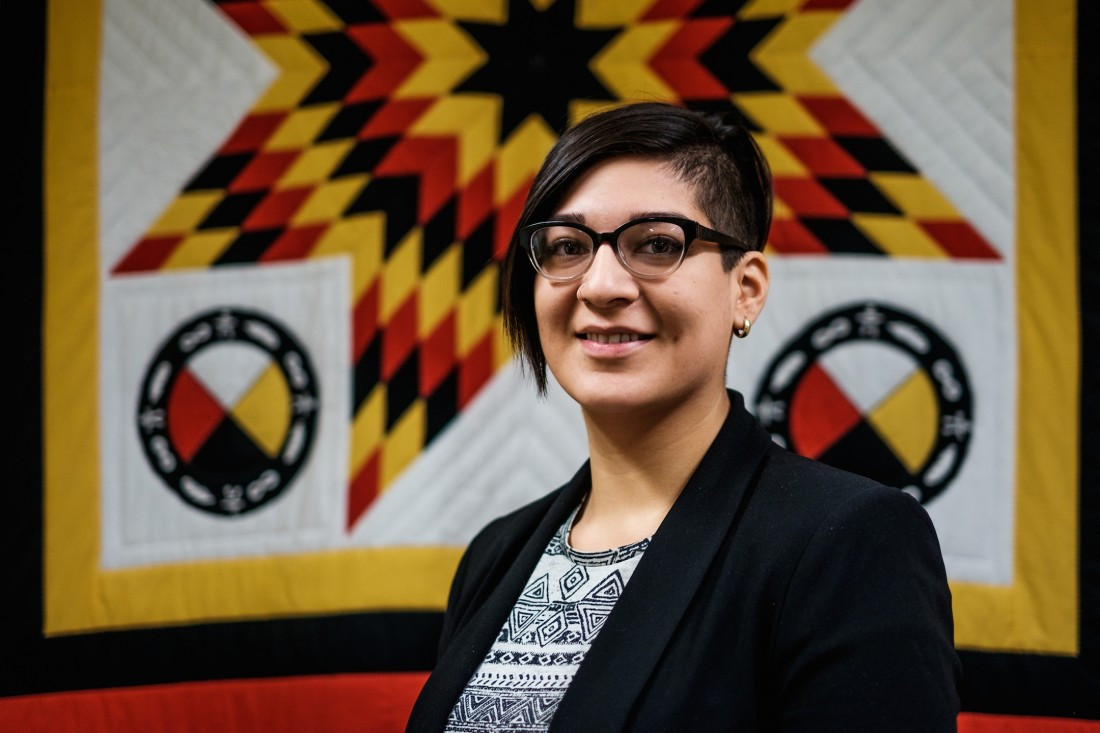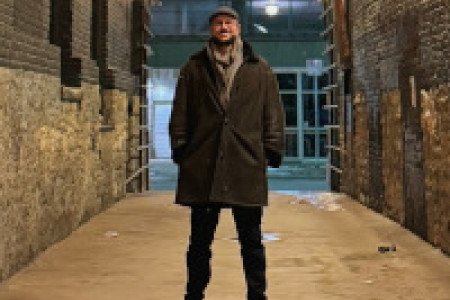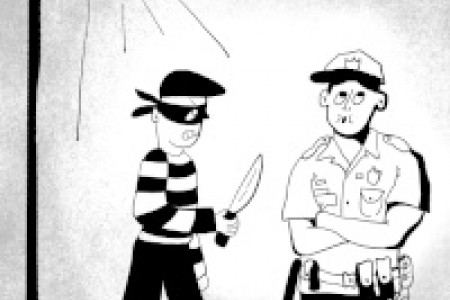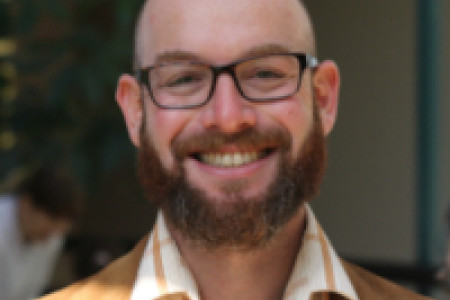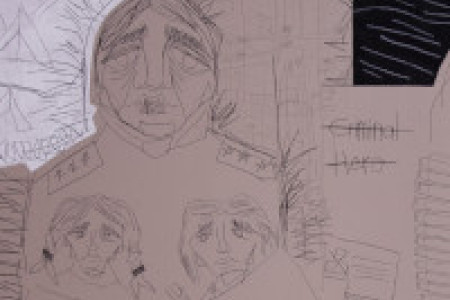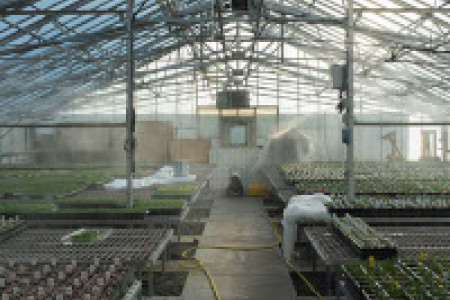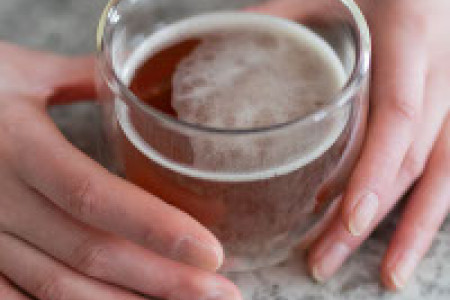Water talks
Sadie-Phoenix Lavoie and Kevin Settee share their inspiration for Water and Indigenous Women’s Wisdom
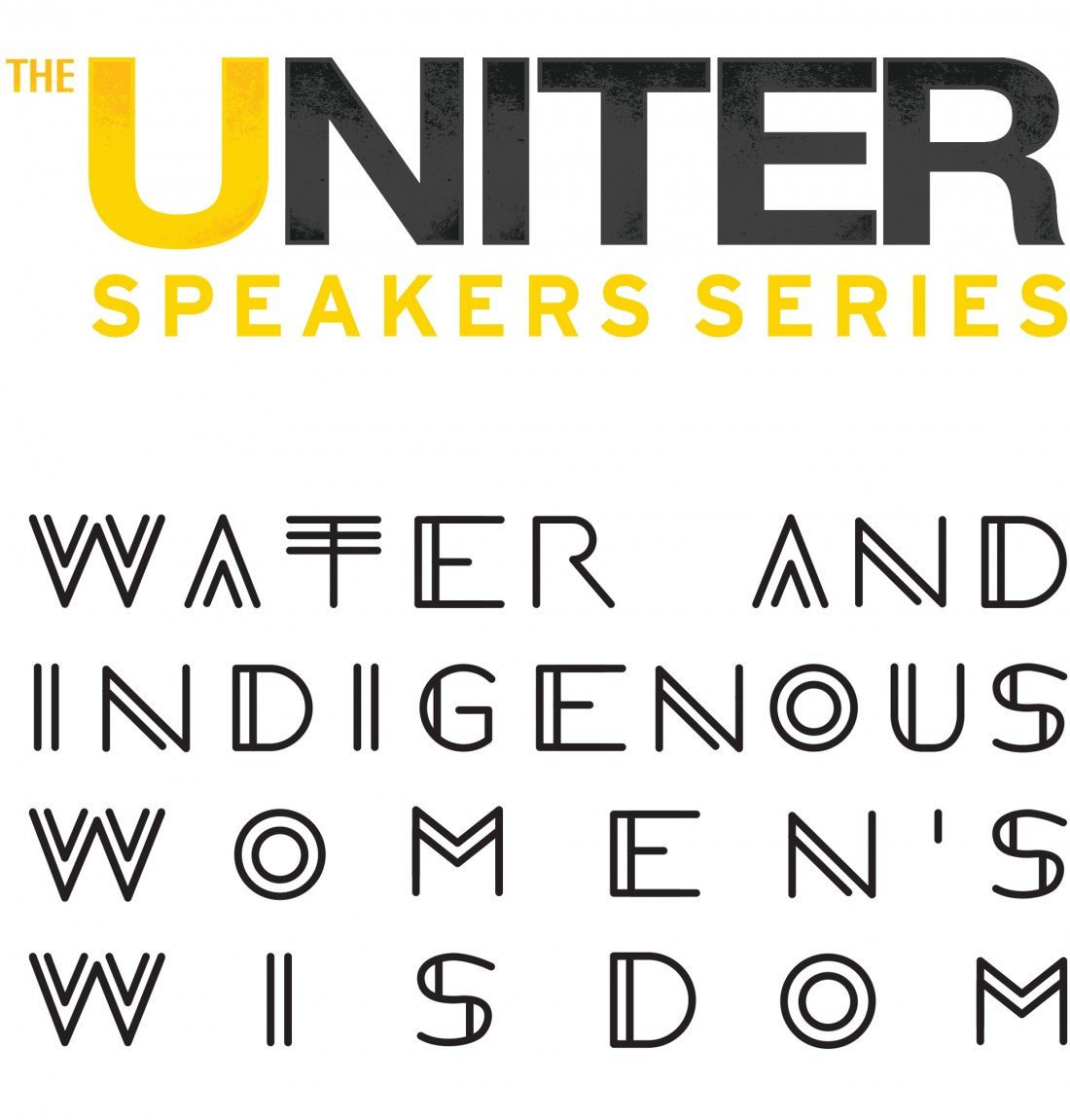
We spoke with Sadie-Phoenix Lavoie (who came up with the idea for the event), Kevin Settee (who was involved with organizing the whole festival), as well as Freda Huson and Chickadee Richard (the guest speakers) about how this all came together, and about the importance of water, of ceremony and of indigenous women’s wisdom. Here’s what they have to say.
The sixth annual Grass Routes sustainability festival was planned using a more collaborative model than the last festivals, mainly because of this year’s lack of budget for speakers and event programming. Kevin Settee, vice-president external affairs with the UWSA, got together with other UWSA staff, students, faculty and community members to figure out how to still make it happen this year.
“We reached out to all our friends and all our student groups and everything, we put out a call and asked people if they were interested in partnering with or working with the festival, for putting out an idea or an event, or a film screening,” Settee says.
The resulting festival stemmed from an open call for proposals. The idea for Water and Indigenous Women’s Wisdom came from Sadie-Phoenix Lavoie, a two-spirit student who is also completing their term as co-president of the Aboriginal Student Council at the University of Winnipeg (U of W).
“I wanted this event to be centered around Indigenous women fighting for the water and the importance of water, and having a water ceremony present,” Lavoie says.
Lavoie has been involved in Grass Routes before, and sat on a panel in 2013 titled “Extractive Industries, Indigenous Development, and the Environment.”
“We all got to share and say what we thought of resource extraction and how it’s really bad for Indigenous people, and also helping non-Indigenous settlers understand where we’re coming from in regards to that, so they have a little bit of a better understanding when they come across certain events or protests,” Lavoie says.
Featuring speakers who are known for defending their land and water is a statement in its own right, Settee explains. In January 2014, Phil Fontaine was invited to the U of W to make a speech.
“There was some Indigenous land defenders that came in and had a message to share... that they don’t want extractive resource industries in their traditional territories, they don’t want pipelines coming through,” Settee says. The response from Lloyd Axworthy on behalf of the U of W, as well as coverage in major media outlets, vilified the land defenders, Settee says. With this event, he hopes to “shine a light” on the work they are doing, and the reasons why they do it.
“In my eyes, these people are the ones that are on the front lines, and they’re the ones that are sacrificing a lot to be there and to stand for the land and the water,” Settee says. “That’s who I think our leaders are.”
“ In my eyes, these people are the ones that are on the front lines, and they’re the ones that are sacrificing a lot to be there and to stand for the land and the water…That’s who I think our leaders are. - Kevin Settee
“We need to work with Indigenous women, need to listen to them, they’re the governing structure, really, the brains of governance in traditional governing system,” Lavoie says. “There’s also that dialogue saying that women are water carriers, and they speak on behalf of the water and the land, and they put that first, and so I really wanted to use those two things and put them together in a sustainable way.”
Lavoie met Freda Huson at the People’s Social Forum in Ottawa over the summer, and was amazed by Huson’s presentation about what she was doing in her home community, in Unis’tot’en territory. Huson has shared videos online documenting her encounters with surveyors and other uninvited visitors to her community.
“She’s asserting her sovereignty, and that’s her posting those videos on social media for people to see, and educating Canadians about the importance of asserting that sovereignty,” Lavoie says.
“You could see the emotion that she had, and the attachment and connection she has to the land and how she was really hurt by a lot of those companies, and that kind of solidified her firmness.”
Lavoie also invited Chickadee Richard to be a part of the event.
“(Richard) does a lot with the First Nations environmental network and has been a phenomenal grassroots organizer here in Manitoba, she even started up the Bear Clan patrol way back in the beginning... I know the amount of work that she has done, I felt like she deserved to be there,” Lavoie says.
“I knew that she was really centered in the decolonizing aspect of things in the relations to the land and the importance of that, so I really wanted to work with both of them, and they both agreed and that was really exciting,” Lavoie says.
The two speakers will come together to share the work that’s being done in Manitoba, and also in another province, but both are important to highlight, according to Lavoie.
“I know that these are the things that the community wants to hear; they’re thirsty to hear about that.”
The event will open up with a water ceremony – the first time that ceremony has been included as part of the Grass Routes festival, Settee says.
“I think that’s a statement in itself, in terms of the shifting paradigm that’s happening within the University,” Settee says.
“We should be able to do our ceremonies wherever we want and whenever we want because we’re on our ancestral territory, our traditional territories, and so we have every right to do that here.”
Settee believes that it’s important to bring ceremony to the city, to where people are living, because not everyone has access to transportation and gas money to leave town.
“For me it’s a matter of making people feel safe and comfortable (at a ceremony),” Settee says. “(A) ceremony is to teach, and to welcome, and to learn, and to listen, and sometimes to pray too, to think positive.”
Settee and Lavoie both hope that this event can foster understanding, connection, and open up chances to continue to make change.
“I hope people come in with an open mind, and a good heart, and acknowledging their own individual responsibility to be more understanding or sustainable in their daily lives, and to support these sustainable efforts that are happening across Canada in any way that they can,” Lavoie says.
“And I hope that people take a more intimate feeling when they come, to take back from the event. I hope people feel moved by it, and feel inspired to do something.”
Published in Volume 70, Number 23 of The Uniter (March 10, 2016)

